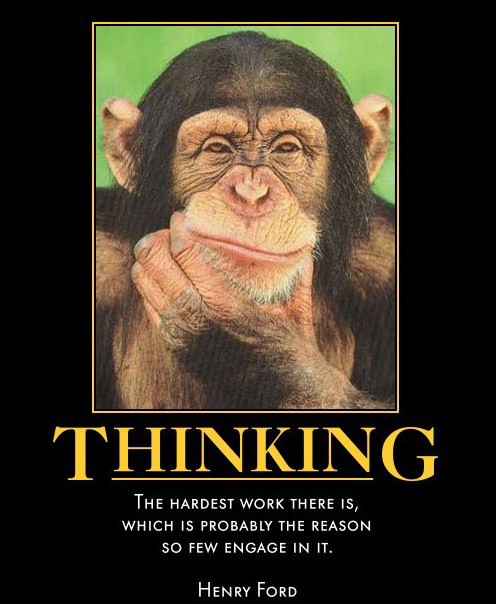Some reflections on my tutoring experience.
How to think.
The difficulties of learning Mathematics are based, very often, on the inability to initiate, understand, trust and control mental processes by our consciousness. The brain is an instrument, but we have to learn how to use it. Our mind is capable of thinking and figuring out the solution to many Mathematical problems if we feed it with precise data, formulate the question clearly and listen to what the intuition is trying to tell us. Of course, we are assuming that a learner has strong foundations in previous knowledge and has acquired practical skills in applying it.
Unfortunately, it happens very often that students know, or remember, a logical sequence of steps on how to solve a specific mathematical problem, but still cannot complete it. This happens because the students did not develop skills on how to analyze the given information, understand what is needed to be found, and plan how to achieve the goal. They try to recall how a similar problem has been solved by a teacher in class, instead of thinking about this specific problem, making connections between the concept learned earlier and the specific question they see in front of them. Mental processes have to be switched from recalling to analyzing the given data and formulating the task. Thus, the whole process of solving multistep mathematical problem boils down to performing a series of small tasks. As soon as the first step is done the situation changes and we have to repeat the whole process again: analyzing the result as initial data and planning the next step.
I tell my students to ask the mind how to proceed but also to feed it with clear data and formulate the appropriate question. If this is done properly the mind will not only reveal what to do but will also control the process of solving without mistakes.
This type of thinking is required when we need to isolate the variable that is involved in a sequence of operations. A student has to analyze the order of operations and cancel them going backwards. Students understand well the method but have difficulty in starting to think step by step. This is not due to their intellectual abilities but because of the lack of training in initiating and controlling their mental processes. Students do not read a mathematical equation and do not analyze it, which means they do not input the information into their mind so that the brain can start processing it. Or, they do not question the mind on how to cancel operation.
Today, one of my students was solving a multistep word problem on finding the maximum of a function. He made a mistake in his solution. It was not a silly mistake due to attention deficiency but the mistake of a wrong approach. The student admitted that his mind was trying to stop him from making it but he gave no heed to the suggestion of his own brain.
I believe that the main focus of education should be directed toward the development of so called metacognitive skill which refers to higher order thinking, which involves active control over the processes engaged in learning. Activities such as planning how to approach a given learning task, monitoring comprehension, and evaluating progress toward the completion of a task are metacognitive in nature. Mathematics is one of the subjects that, if taught properly, contributes tremendously toward the development of these skills.
Related Posts
By accepting you will be accessing a service provided by a third-party external to https://www.math4u.ca/

